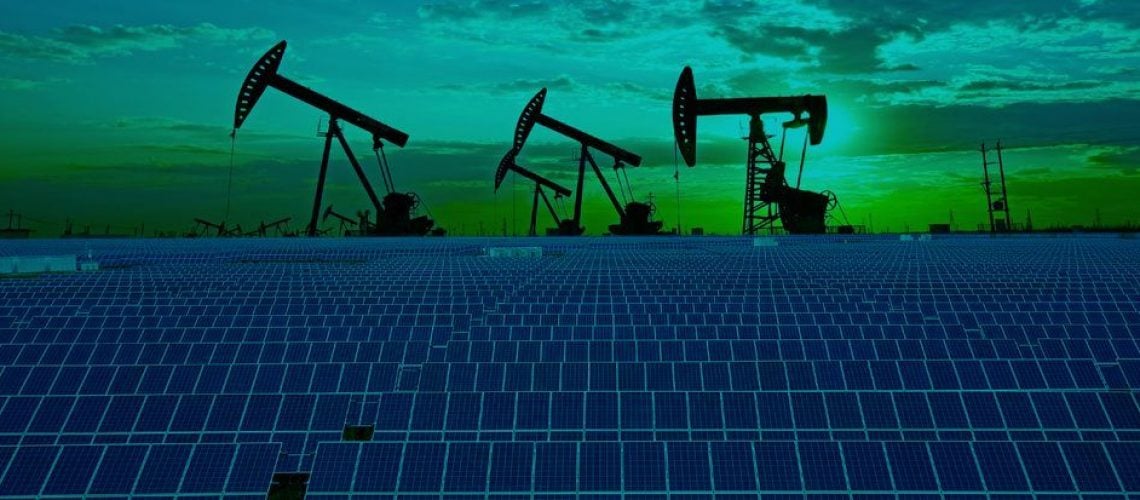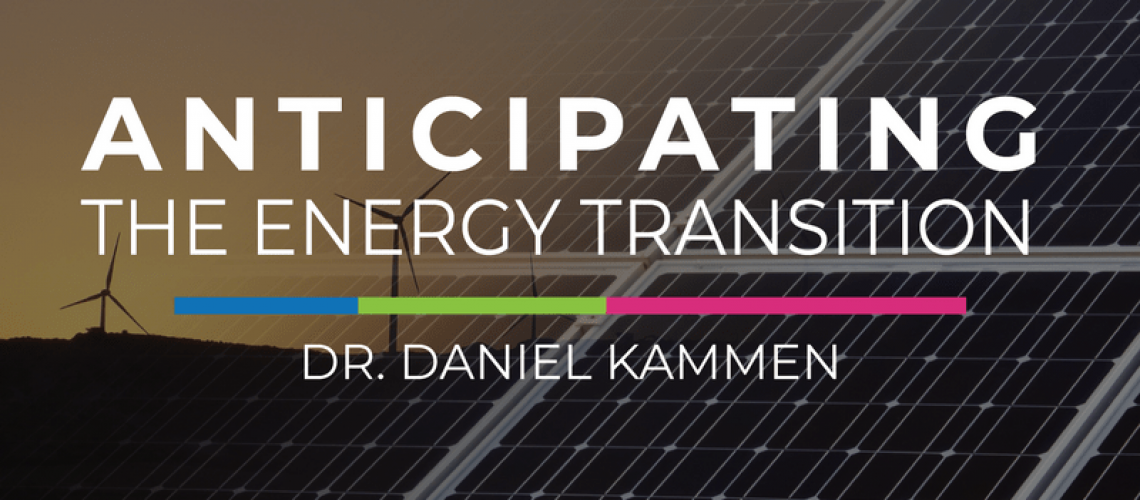It’s easy to look at where we are today and feel like progress simply isn’t happening fast enough. While that may be true in some situations, the energy sector changes in the blink of an eye. As the decade comes to a close, let’s explore some of the events that shaped our world and the future of energy.
2010
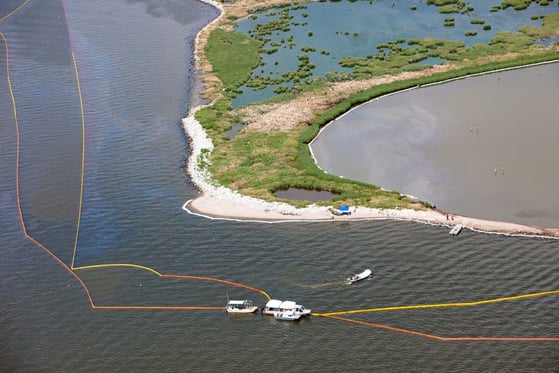
Deepwater Horizon Oil Spill: The largest marine oil spill in history occurs in April 2010 after a surge of natural gas blasts through a concrete core on a rig located in a valley on the continental shelf called the Mississippi Canyon.
2011
Earthquake and Tsunami in Japan: The magnitude-9 offshore earthquake is “felt around the world from Norway's fjords to Antarctica's ice sheet,” per LiveScience, and causes a massive tsunami. Nearly 16,000 die and a level-7 nuclear meltdown at Fukushima Daiichi Nuclear Power Plant sends radioactive chemicals as far as Canada and California.
2012

India Blackouts: Energy suppliers unable to keep up with demand leave 700 million people in India without power.
Hurricane Sandy: The Category 2 hurricane and Category 3 storm rip through eight countries, killing hundreds and causing $70.2 billion in damage.
Carbon Emissions Drop: The U.S. reaches a 20-year low in carbon emissions.
2013
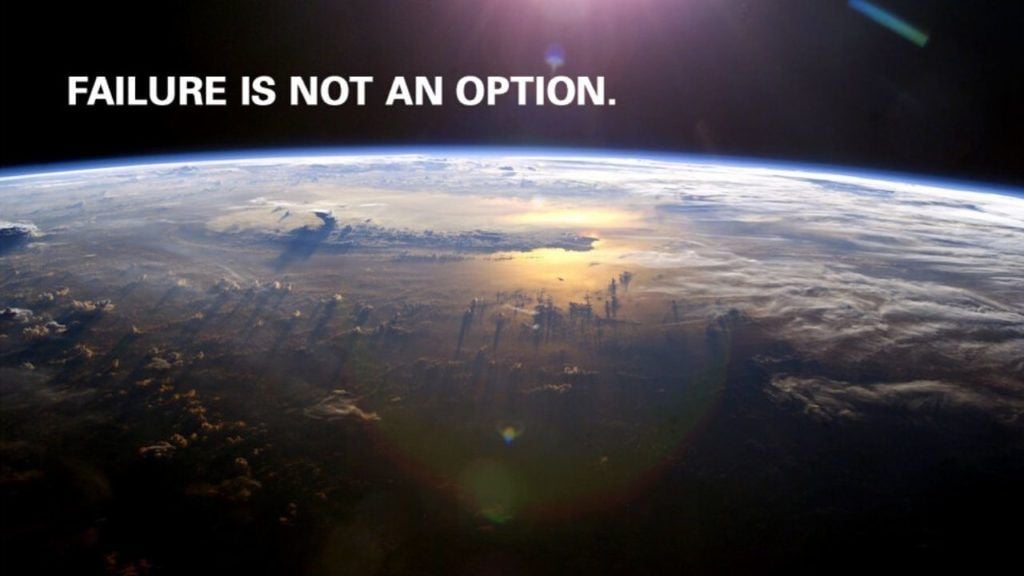
Climate Action Plan: President Obama releases the Climate Action Plan, designed to cut carbon pollution in America, prepare the U.S. for the impacts of climate change, and lead international efforts to combat climate change and prepare for its impacts.
2014
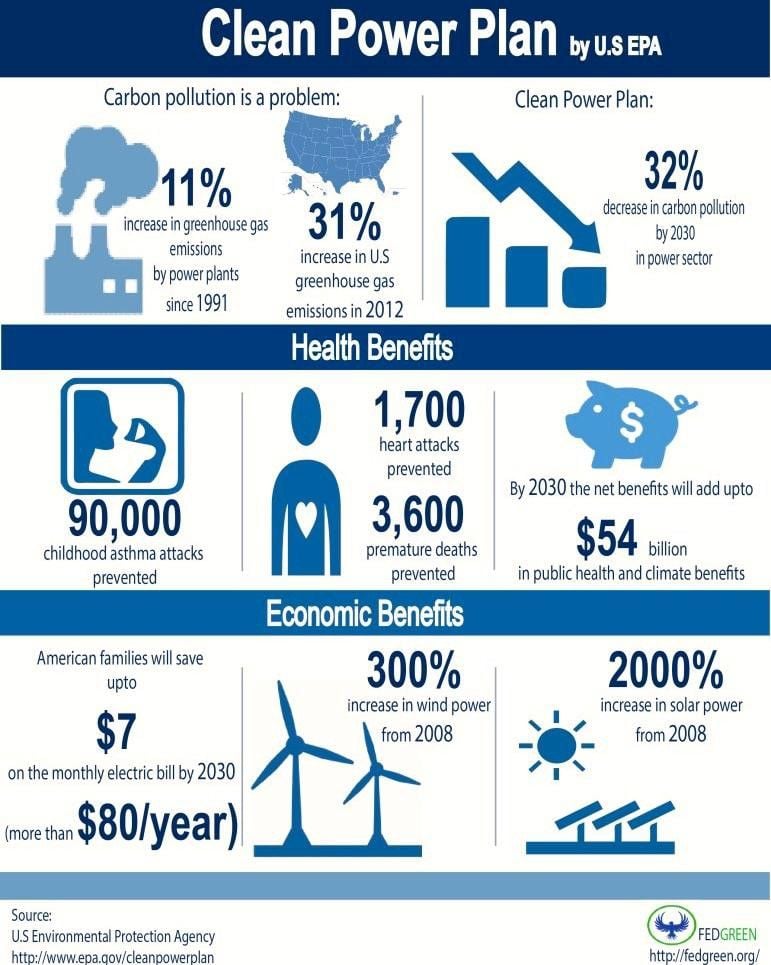
Clean Power Plan: The EPA announces its intent to create new rules that will place carbon emissions from power plants at 32% below their 2005 levels by 2030. The plan takes effect in 2015 and is dismantled by Trump in 2019.
2015
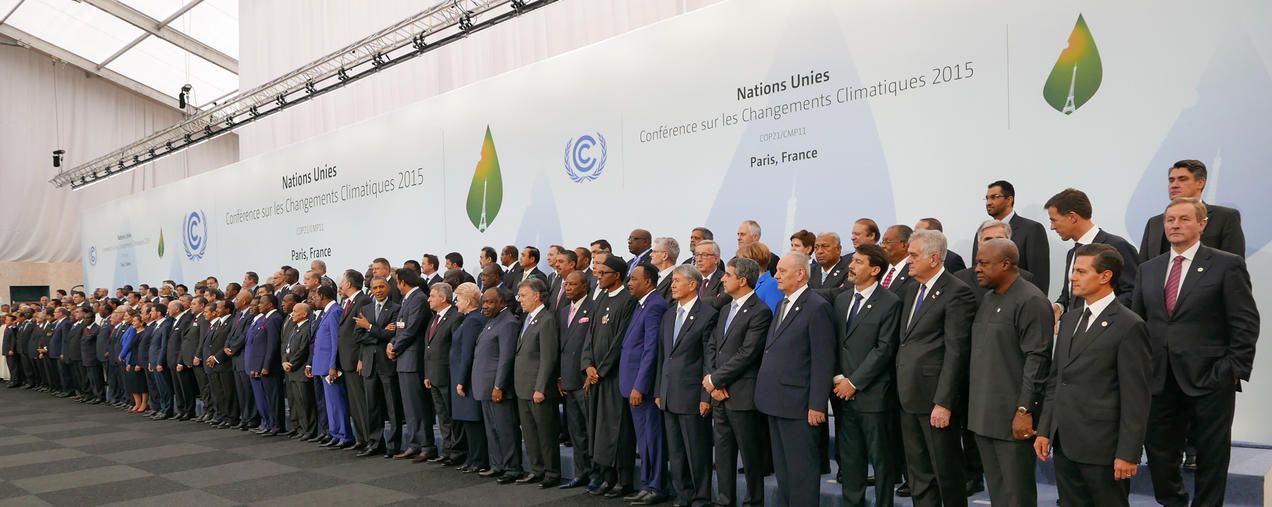
Paris Agreement: Nearly every country in the world comes together to address climate change and signs the Paris Agreement. The Trump administration announces America’s withdrawal in 2019.
Same-Sex Marriages: Supreme Court rules in favor of equality and declares same-sex marriages legal in America.
2016
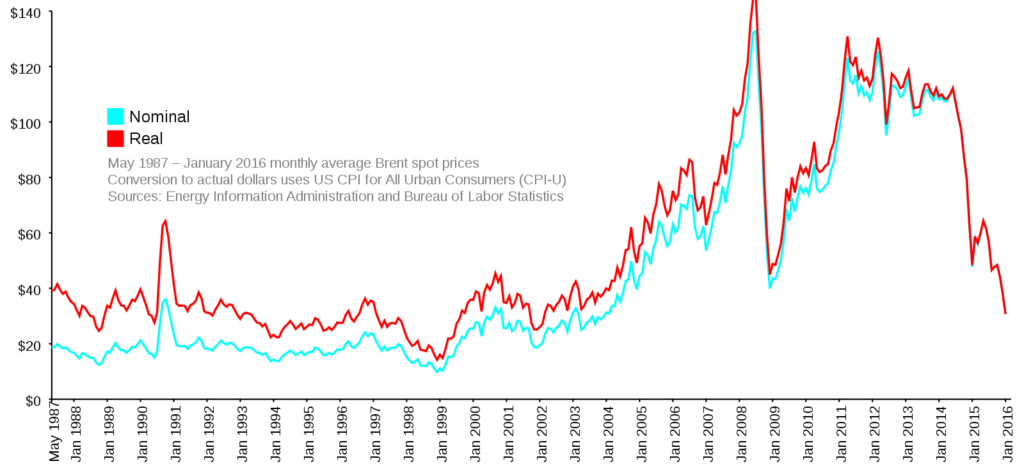
Oil Crash: Post-recession, oil made a steady comeback rising as high as $114 per barrel in 2014, but prices began slipping significantly in 2015 and bottomed out around $26 in 2016, causing many energy companies to cut back.
2017
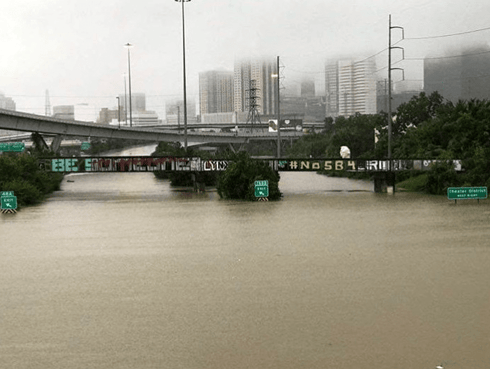
Hurricane Harvey: The Category 4 hurricane swept through Texas and Louisiana causing $125 billion in damage and killing more than 100 people.
#MeToo: Actress and activist Alyssa Milano creats a whirlwind with a single Tweet, bringing unprecedented attention to sexual harassment and assault.
2018
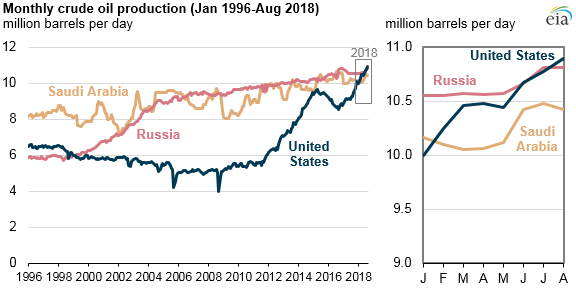
Oil Slump: After reaching a four-year high of more than $75 per barrel in October 2018, the price dropps to under $55 in November, a 13-month low.
U.S. First in Crude Oil Production: The Energy Information Administration (EIA) announces in September 2018 that America moved into first place globally over the summer.
U.S. Begins Exporting Oil: For the first time in 75 years, the U.S. is a net oil exporter.
EDII: The Energy Diversity & Inclusion Index™ (EDII™), which examines the state of inclusion across the energy sector and was the first-ever of its kind, is released by Experience Energy.
Record-Breaking Energy Consumption: Consumption in the U.S. hit 101.3 quadrillion British thermal units (Btu) in 2018, 0.3% above the previous record set in 2007 and 4% higher than in 2017.
2019

Renewable Capacity Skyrockets: Renewable Power Capacity in the U.S. surpasses coal for the first time.
Greta Thunberg: The 16-year-old Swedish girl becomes the face of youth climate action, addresses the United Nations, and earns Time magazine’s ‘Person of the Year’ award.
Saudi Aramco IPO: The world’s most profitable company goes public, hitting its $2 trillion goal and going down in history as the biggest IPO ever.
Did we miss any key events?
Share any big events we may have missed in the comments below.
